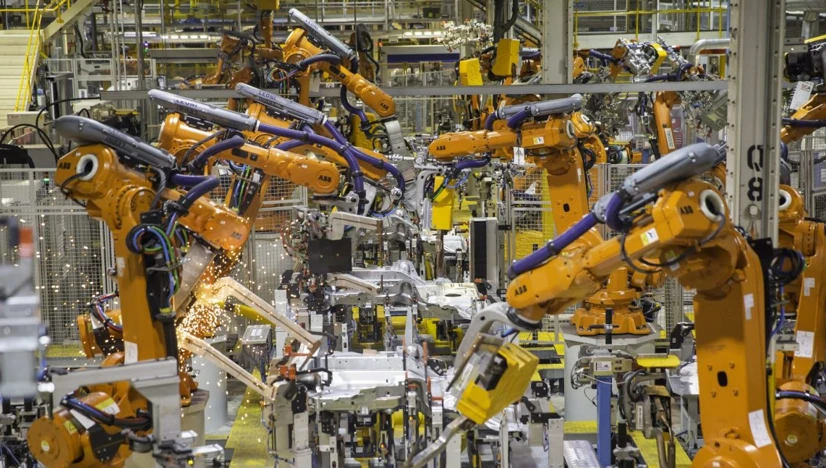Historical Alternatives to Mass Production: Politics, Markets and Technology in Nineteenth-Century Industrialization
Oxford University Press on behalf of The Past and Present Society, 1985
Sabel and Zeitlin present the persistence of small firms in Europe, against the rise of mass production and modern enterprises. Their article starts by analysing how mass production can be considered a historical necessity for the classical view, as it is a highly specialized structure, where man and machine can work together to reduce costs and produce higher and more diversified outputs. However, this view is limited by the industrial dualism: mass production cannot work alone, it needs smaller specialized artisans to build components and machines. Therefore, the authors search for alternative modes of production, that coexist with mass production. They illustrate three such modes: municipalism, paternalism, and the federated family firm.
Comment from our editors:
The concept of flexible specialisation presented here helps to understand the limits of mass production: in order to function, it needs specialised workers that can build specific pieces and machines. This allowed European regions to specialise in different industries (textiles, metalworking, ...). The main contribution of this article is to present historical, alternative modes of production that rely on social networks: Small enterprises do not recruit managers, but rather function with upward mobility from workers that can climb the social ladder in the firm. This intra-firm mobility puts human beings at the center, as managers can become workers again in time of crises.

